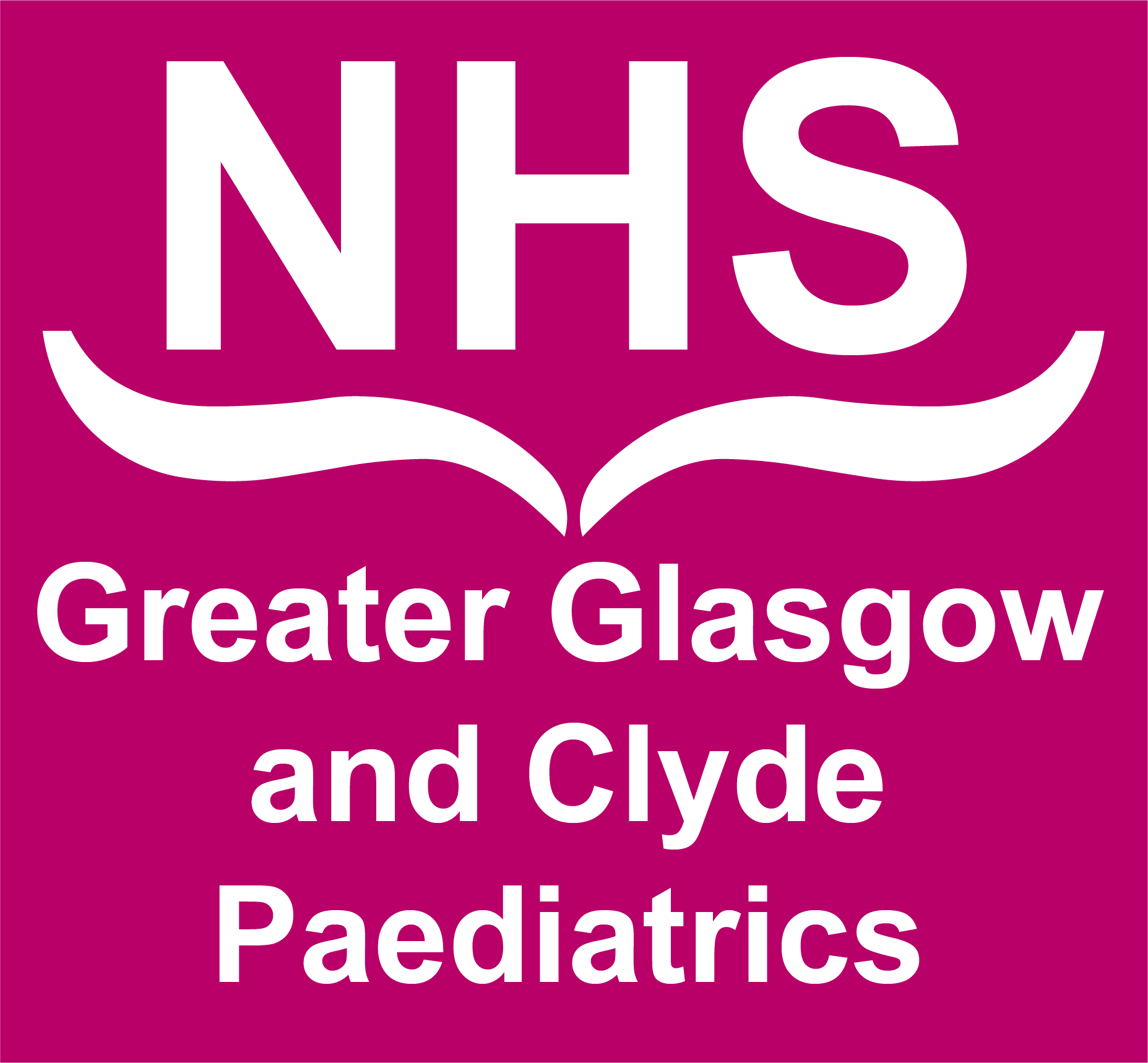Empiric infection management, Primary Care, Paediatric (227)

Warning
Principles of Treatment:
- This guidance is based on the best available evidence but its application may be modified by professional judgement.
- Where a ‘best guess’ therapy has failed or special circumstances exist, microbiological advice can be obtained via the Microbiology Department at your local hospital, the Infectious Diseases service, or the Paediatric Antimicrobial Pharmacist at the Royal Hospital for Children in Glasgow.
- Prescribe an antibiotic only when there is likely to be a clear clinical benefit.
- Do NOT prescribe an antibiotic for viral sore throat, non-productive coughs or cold,
- Use simple, narrow-spectrum, generic antibiotics whenever possible
- Prolonged antibiotic therapy also increases risk of adverse events.
- Avoid widespread use of topical antibiotics (especially those agents also available as systemic preparations)
- Refer to BNF for Children for dosing advice.
*Clarithromycin and Azithromycin are known to have serious drug interactions and may prolong the QTc interval. Avoid in patients with other risk factors for QTc prolongation. See BNF (appendix 1).